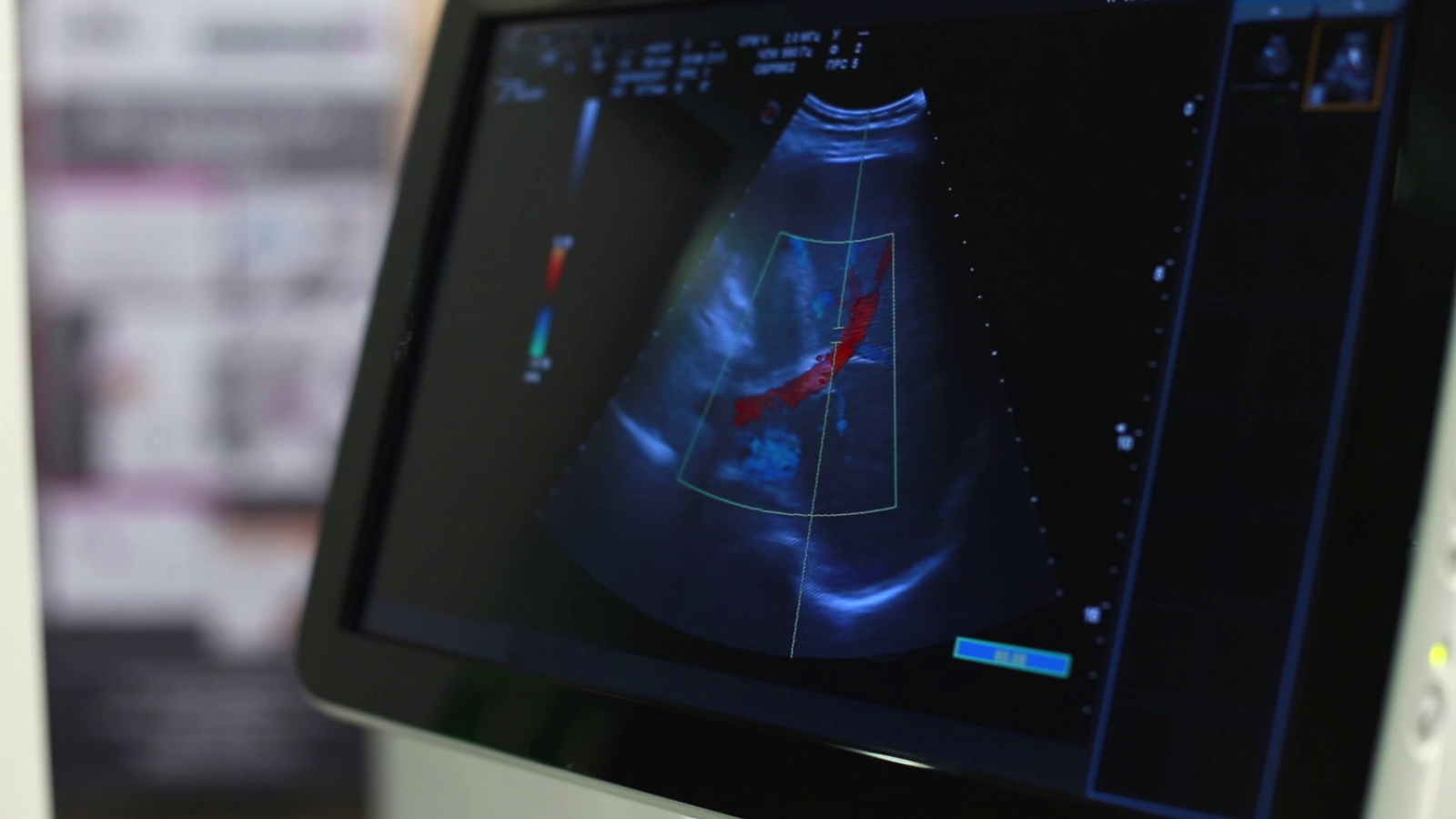- Untreated syphilis can cause many harms to adults and to fetuses during pregnancy
- A Winnipeg study found that stillbirths related to syphilis rose sixfold over three years
- Greater access to prenatal care, syphilis screening and treatment during pregnancy are needed
Rates of new syphilis diagnoses have been increasing over the past 20 years. As a result, there is now an epidemic of syphilis across Canada. The initial symptoms of syphilis—a sore or chancre on or inside the genitals, mouth or other parts of the body—may be painless or go unnoticed. The germs that cause syphilis (called treponemes) quickly spread from the site of first contact. These germs can attack nerves in the ears (causing hearing loss) and eyes (causing loss of vision) and over time can cause injury to vital organs, including the brain, bones, heart and circulatory system, liver and kidneys. Syphilis during pregnancy can harm the fetus. Symptoms of syphilis can mimic many other diseases; however, syphilis can be easily diagnosed with a simple blood test. Most people can recover with a single course of antibiotic therapy.
Congenital syphilis
In Canada, reports indicate that syphilis diagnoses are increasing in different populations, including women of reproductive age. In Manitoba, research has found that rates of syphilis among females increased dramatically—by more than 2,000%—between 2014 to 2018.
The increase in cases of syphilis has led to rising reports of syphilis in the fetus (congenital syphilis). Congenital syphilis can cause a range of problems, severely harming the fetus and resulting in stillbirth. Infants born with syphilis can become blind, lose their sense of hearing and have developmental problems, among a range of issues.
In Winnipeg
Researchers in Winnipeg scoured medical records at a major local hospital, focusing on reports of stillbirths documented between January 2017 and December 2020. Among all stillbirths, researchers searched for possible links to syphilis, such as positive test results during pregnancy or detection of the germs that cause syphilis (called treponemes) after autopsy of the fetus.
Out of 151 stillbirths analyzed, researchers determined that 11 were caused by syphilis.
Trends
The research team found that the distribution of syphilis-related stillbirths was as follows:
- 2017 – 0%
- 2018 – 3%
- 2019 – 11%
- 2020 – 11%
Analysis of medical records indicated that the mothers of the fetuses were highly vulnerable and experiencing one or more of the following issues: periods of homelessness, unemployment, mental illness, chronic infections (such as hepatitis C virus), substance use, sexually transmitted infections and chronic medical conditions.
The researchers found that, on average, many women did not undergo timely entry into prenatal care and there were delays in having fetal ultrasound scans. According to the researchers, “more than half of the [women] did not receive regular prenatal care throughout pregnancy.”
The researchers also found what they called “gaps in investigations for congenital syphilis at delivery […].” What’s more, autopsy of the fetus and analysis of the placenta were not always performed. Thus, it is possible that rates of syphilis-related stillbirths were greater than what the study found.
Bear in mind
Over the course of the three years that researchers reviewed data, they found that syphilis-related stillbirths increased sixfold. The women who were affected were highly vulnerable. According to the researchers, pregnant women in the study lacked access to prenatal care and screening for sexually transmitted infections.
The researchers emphasized that “maternal syphilis is preventable, treatable and provides an opportunity for system-wide improvement in maternal-fetal outcomes and healthcare spending.”
The researchers only reviewed data over three years. The study needs to be extended, as the syphilis epidemic is ongoing.
More effort needs to be made by health systems to reach out to women who are pregnant to ensure that they enter into prenatal care and receive syphilis screening and treatment (when necessary), so that they can give birth to healthy babies.
Other researchers have done mathematical modeling and found that expanded syphilis screening for pregnant people in Manitoba would help reduce the costs associated with congenital syphilis.
—Sean R. Hosein
Resources
Views from the front lines: Congenital syphilis – CATIE
Congenital syphilis – NCCID
Early access to syphilis screening and treatment needed to prevent stillbirths – CATIE
Rapid combined syphilis-HIV testing found accurate and useful in an Alberta study – CATIE
Alberta study underscores the importance of syphilis testing in people who use stimulants – CATIE
REFERENCES:
- Beattie S, Ellis J, Pylypjuk C, et al. Retrospective cohort study of syphilis-related stillbirths in Winnipeg, Manitoba from 2017-2020. Journal of Obstetrics and Gynecology Canada. 2024 Jan 11;46(5):102356.
- Robinson JL, Donovan A, Gratrix J, et al. Case series of stillbirths due to syphilis in Edmonton, Alberta, Canada. Sexually Transmitted Diseases. 2023 Sep 1;50(9):591-594.
- Thompson LA, Plitt SS, Gratrix J, et al. Prevalence of syphilis coinfection in hepatitis C virus positive prenatal patients from Alberta during a pilot routine screening program. Canadian Liver Journal. 2023 Feb 28;6(1):70-75.
- Boodman C, Bullard J, Stein DR, et al. Expanded prenatal syphilis screening in Manitoba, Canada: a direct short-term cost-avoidance analysis in an outbreak context. Canadian Journal of Public Health. 2023 Apr;114(2):287-294.

